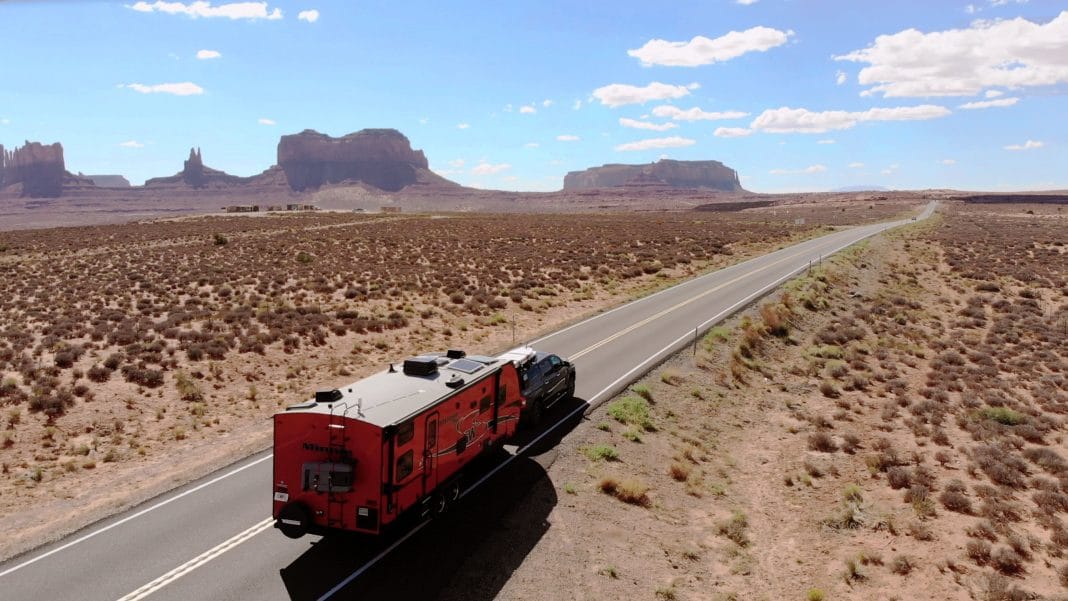The National Highway Traffic Safety Administration (NHTSA) and Federal Emergency Management Agency (FEMA) have teamed up to offer a few tips RVers may find helpful to be better prepared for severe winter weather.
1. Know the local disaster risks. This is important for everyone, but even more so for individuals who find themselves in new areas of the country on a regular basis. Potential hazards can change significantly depending on locality, so RVers should be diligent to learn the risks in each area they travel to. The National Weather Service (www.nws.noaa.gov) is a great resource to learn the local forecast and seasonal outlooks, and www.ready.gov/winter-weather has information about specific hazards and what to do before, during and after each one.
2. Plan long trips carefully. Listen to the radio or television for the latest weather forecasts and road conditions.
3. Keep the fuel tank as near to full as possible. When temperatures are extremely cold, condensation can build up in a near-empty tank, potentially freezing fuel lines and leaving you stranded.
4. Check or have a mechanic check the following items on your RV:
· Antifreeze levels — ensure they are sufficient to avoid freezing.
· Battery and ignition system — should be in top condition and battery terminals should be clean.
· Brakes — check for wear and fluid levels.
· Exhaust system — check for leaks and crimped pipes and repair or replace as necessary. Carbon monoxide is deadly and usually gives no warning.
· Fuel and air filters — replace as necessary and keep water out of the system by using additives
· Heater and defroster — ensure they work properly.
· Lights and flashing hazard lights — check for serviceability.
· Oil — check for level and use the right oil for the climate. Heavier oils congeal more at low temperatures and do not lubricate as well.
· Thermostat — ensure it works properly.
· Windshield-wiper equipment — repair any problems and maintain proper washer fluid level.
· Good tires — be sure the tires have adequate tread. All-weather radials are usually adequate for most winter conditions. However, some jurisdictions require that to drive on snowy or icy roads, vehicles must be equipped with chains or snow tires with studs. Traction devices are required for trailers on roads where chains are required.
5. Have an emergency-supply kit for your RV, just in case you become stranded, that includes pet supplies and a first-aid kit with any necessary medications.
6. Consider insulating windows and around entry and compartment doors to keep cold air out as much as possible.
For more ideas on preparing for winter weather on the road, visit the previously mentioned websites in the first tip. Safe travels!


